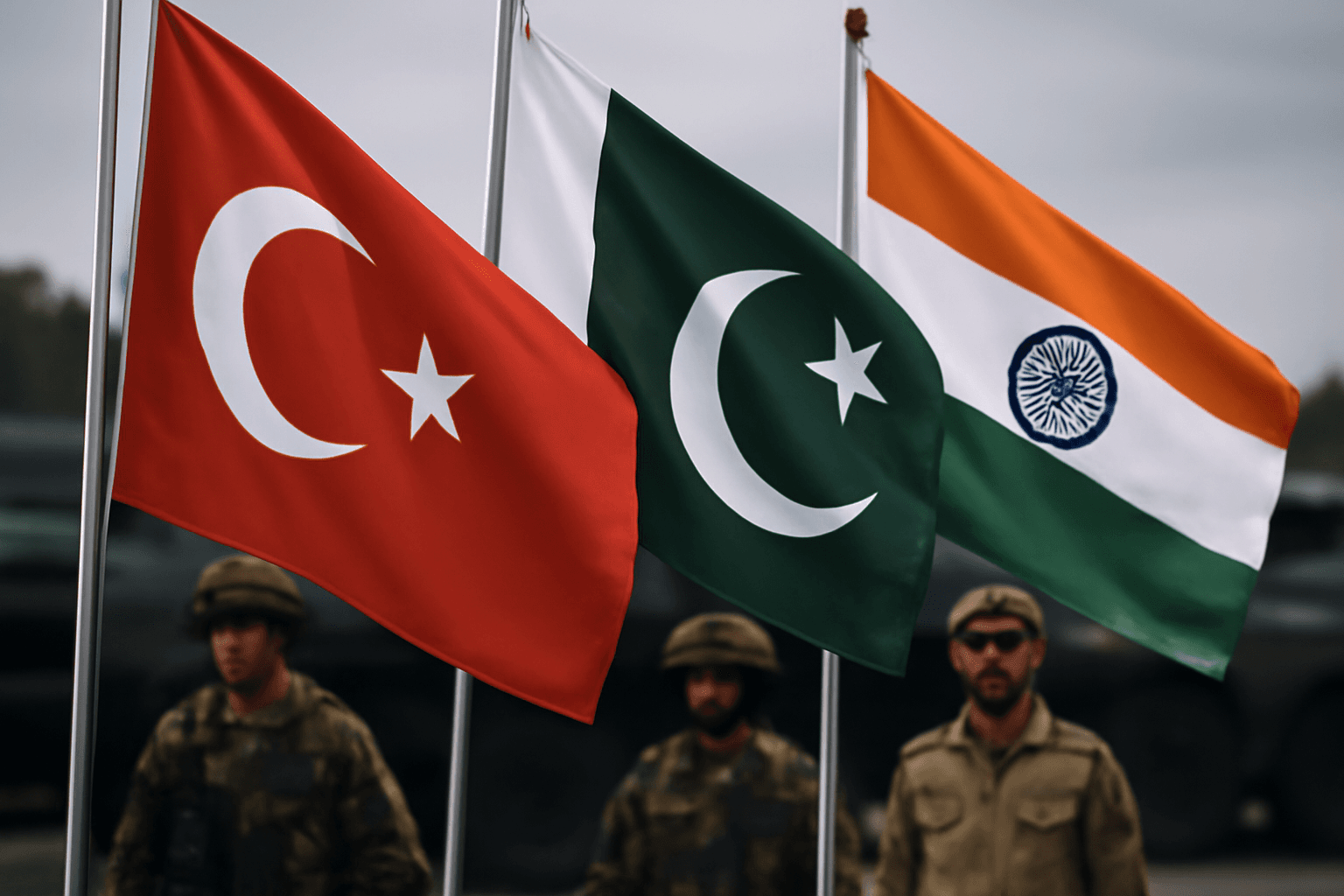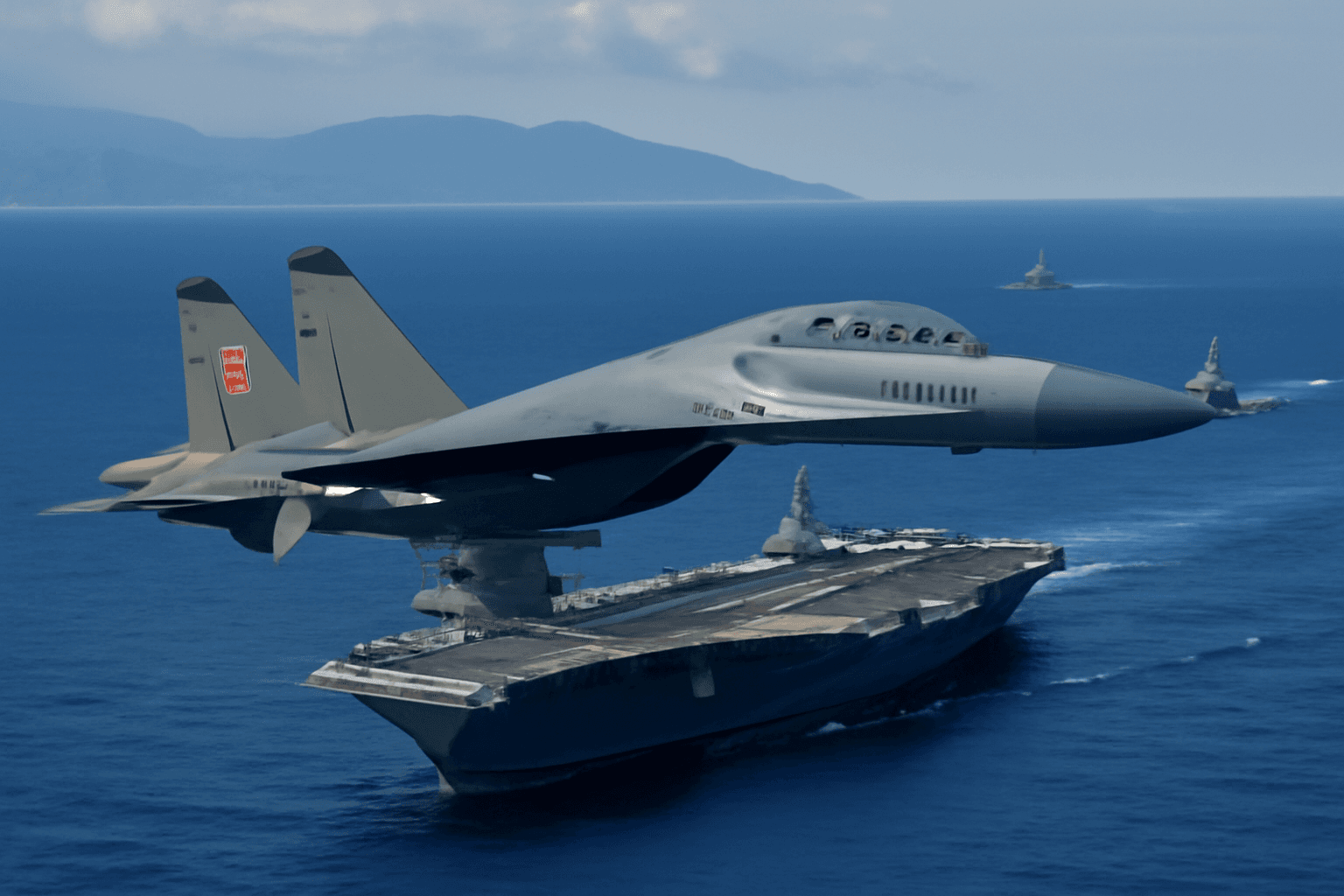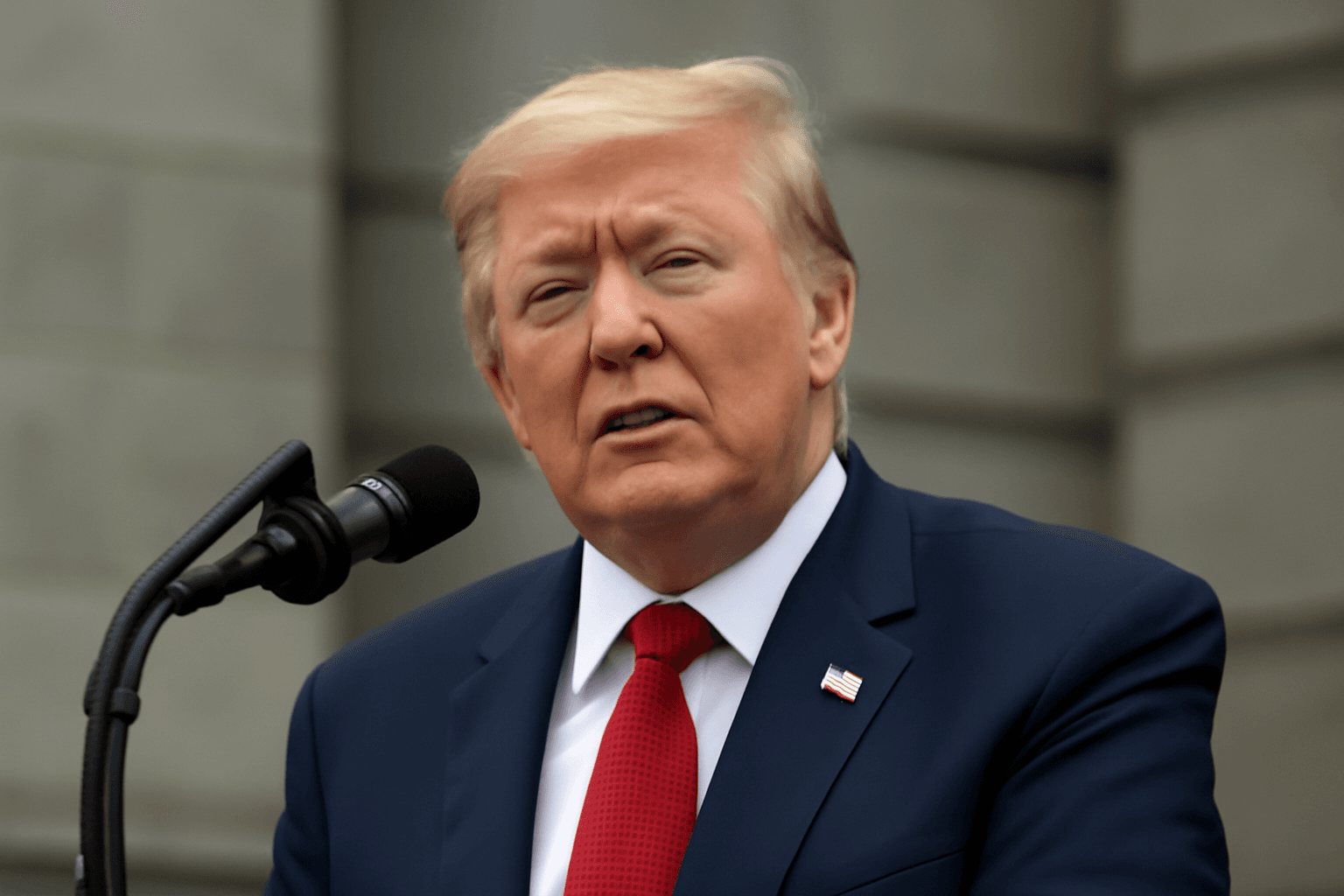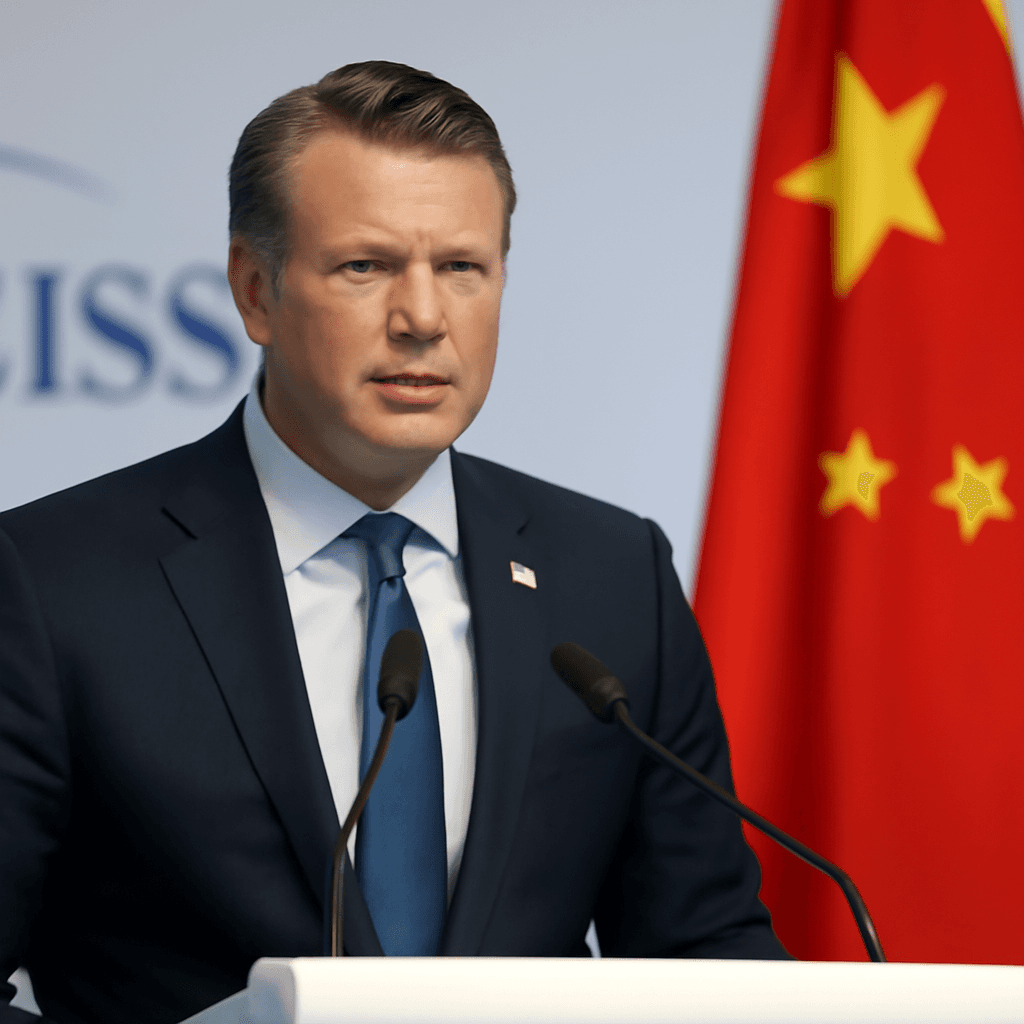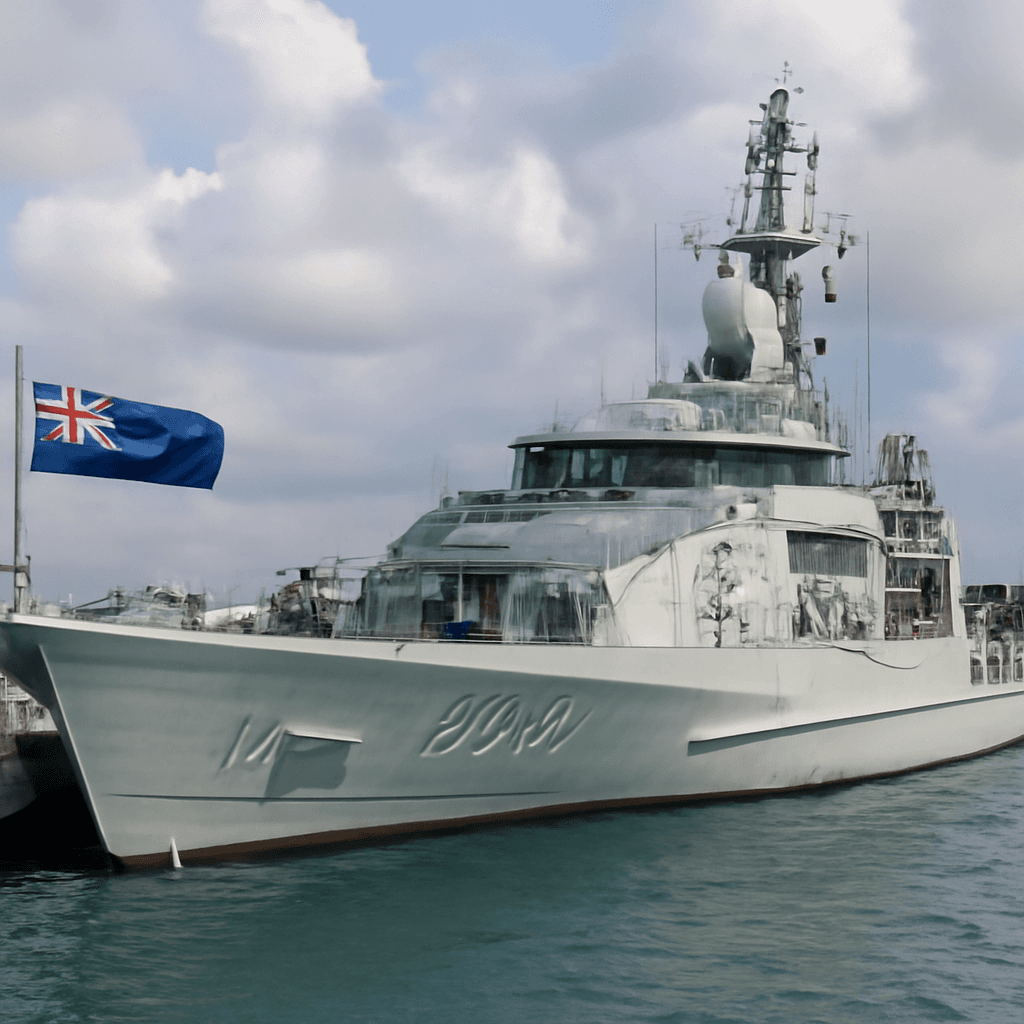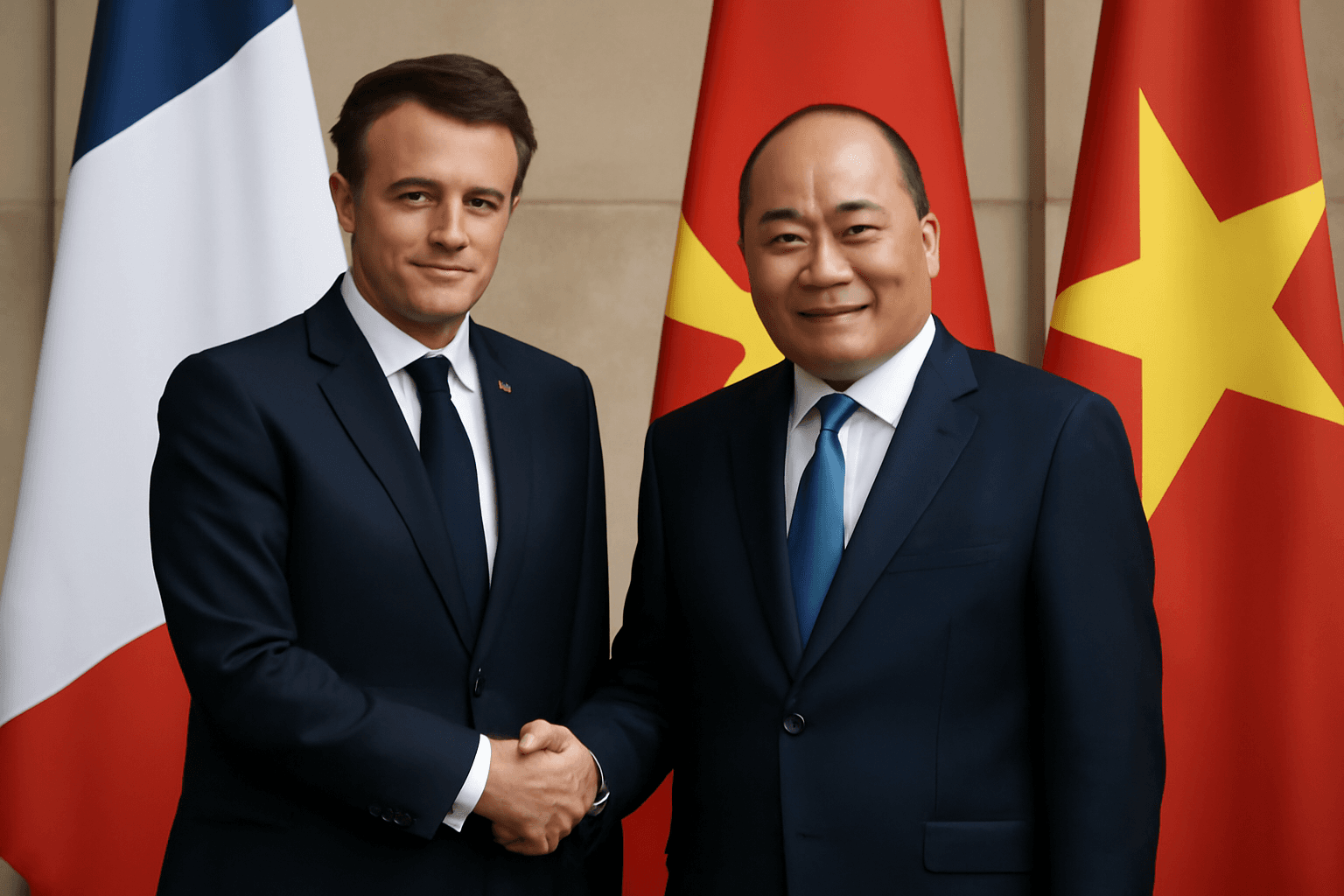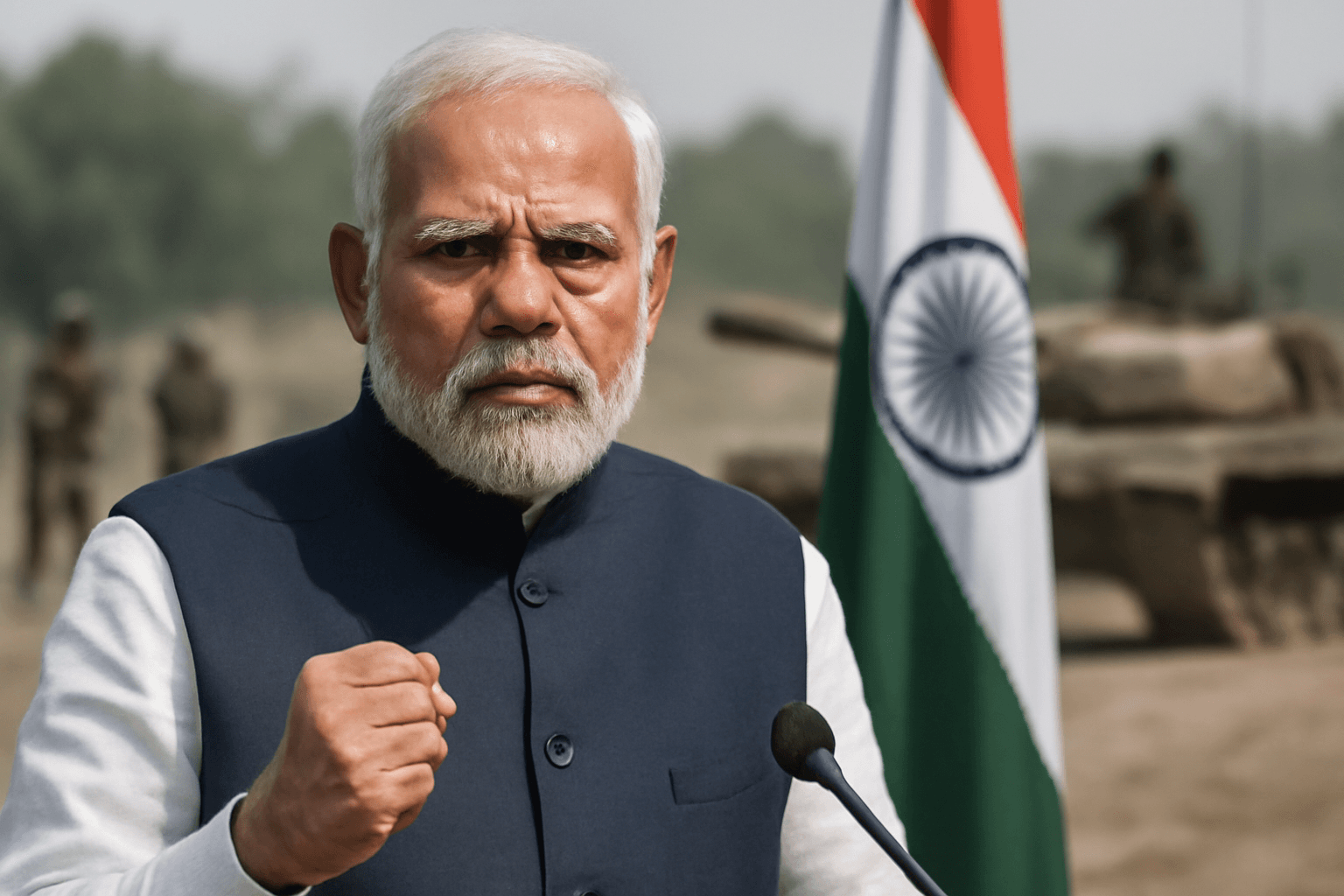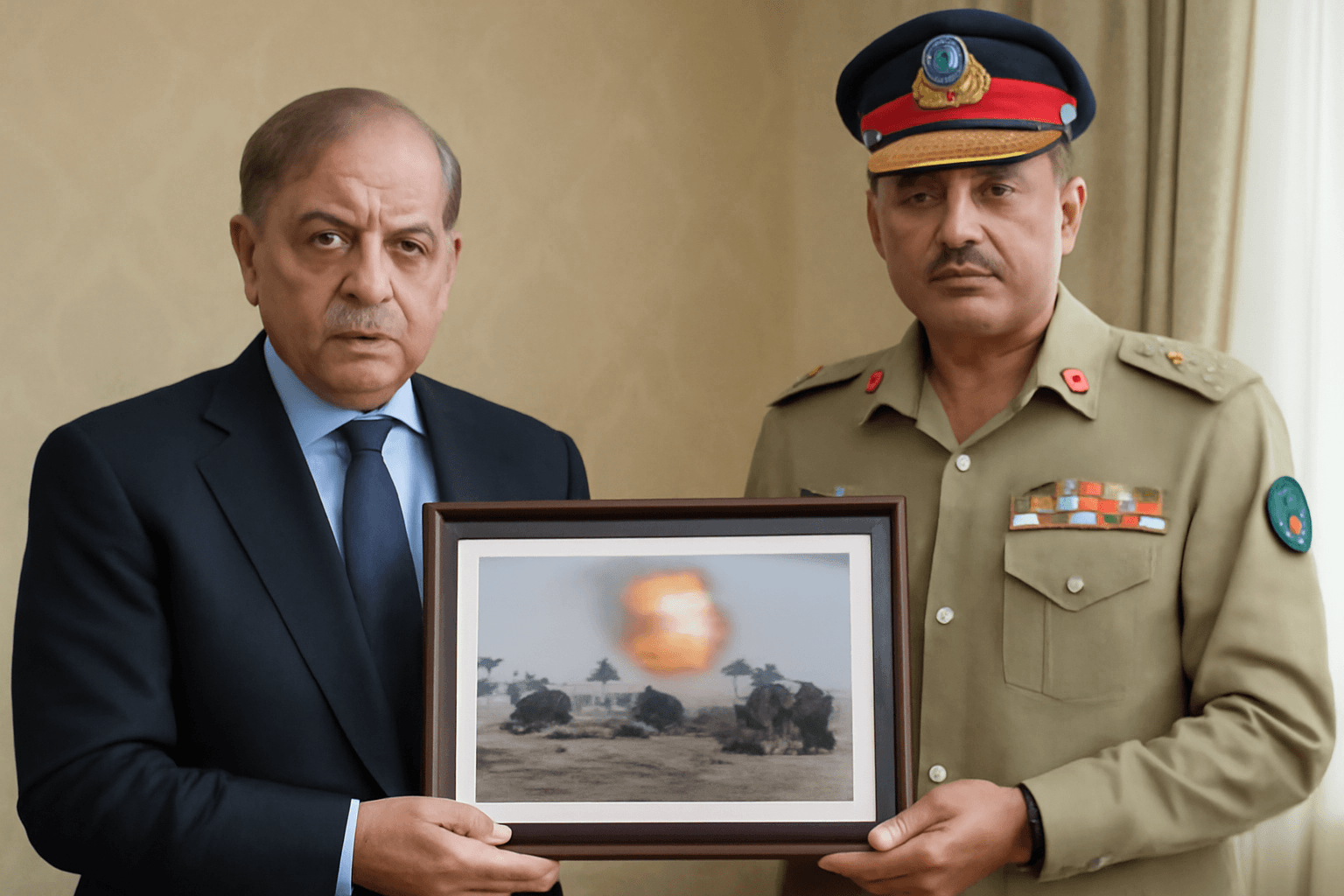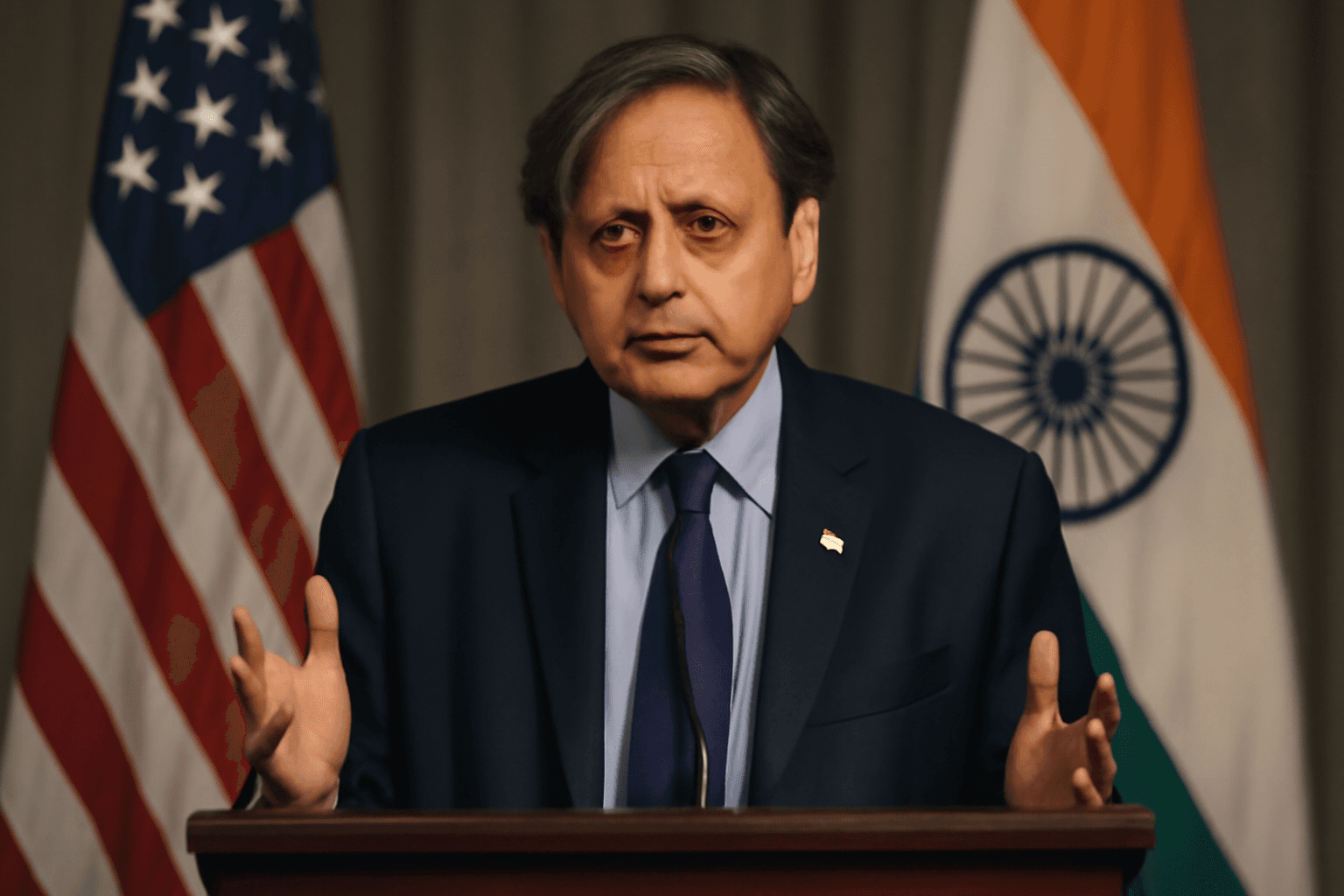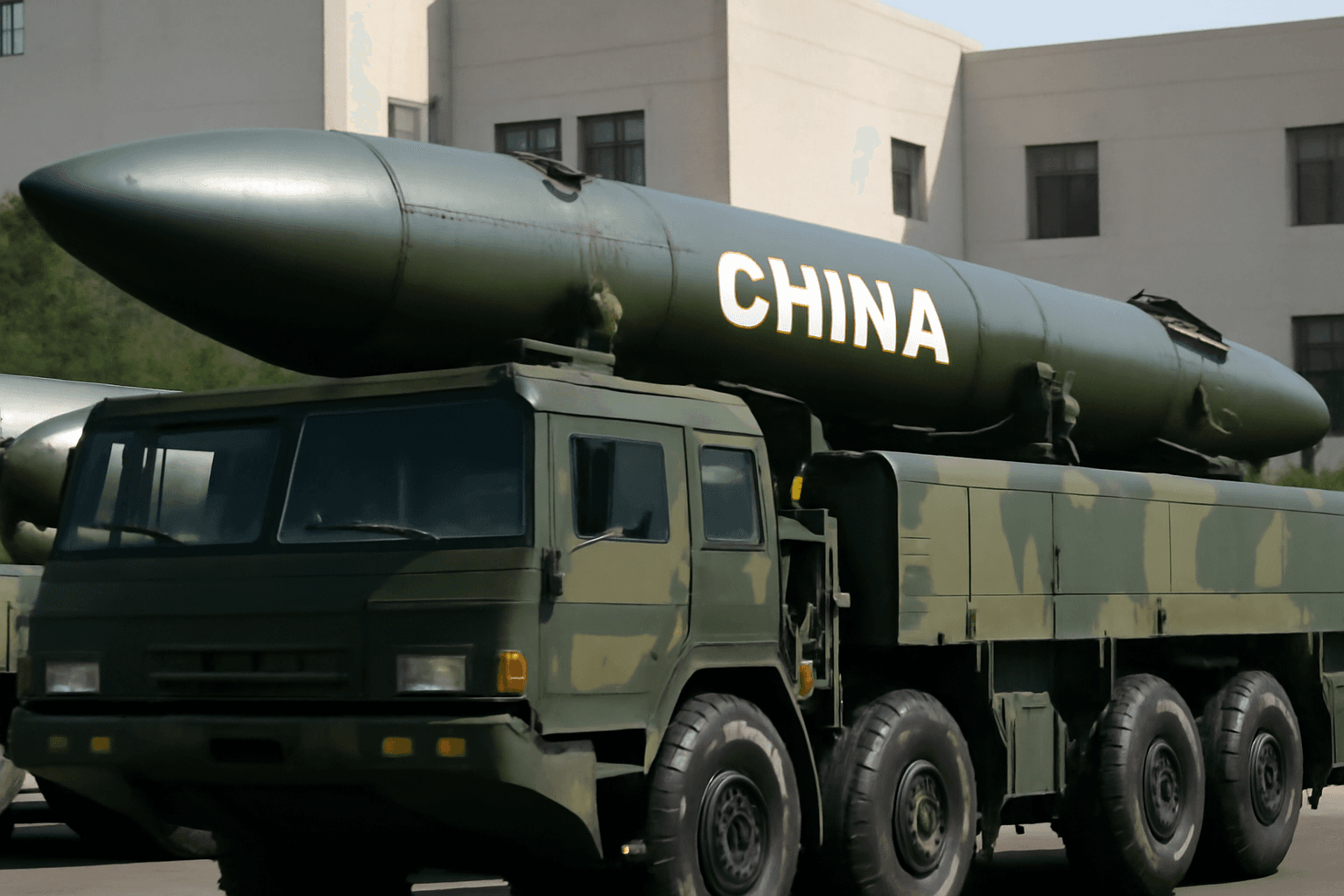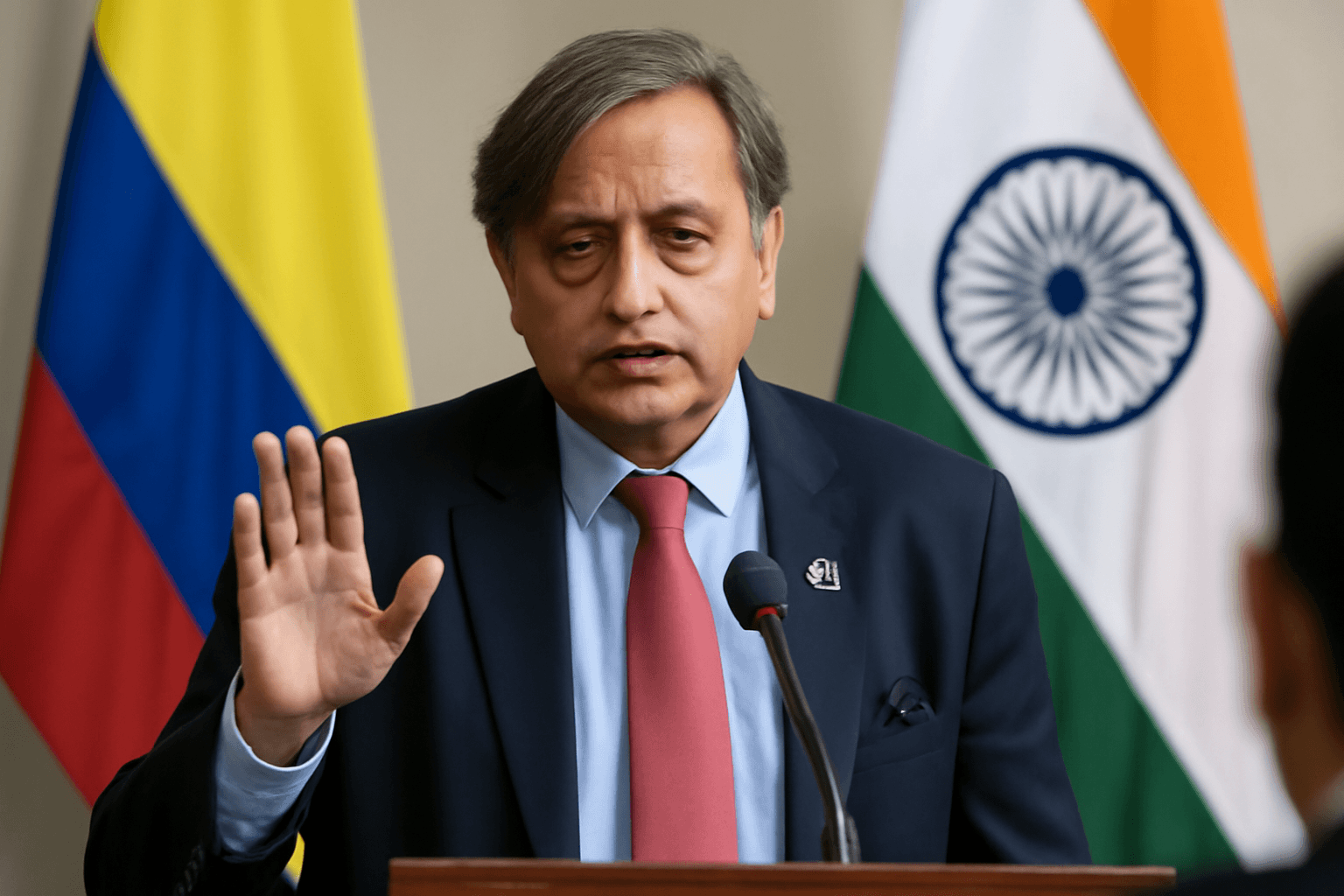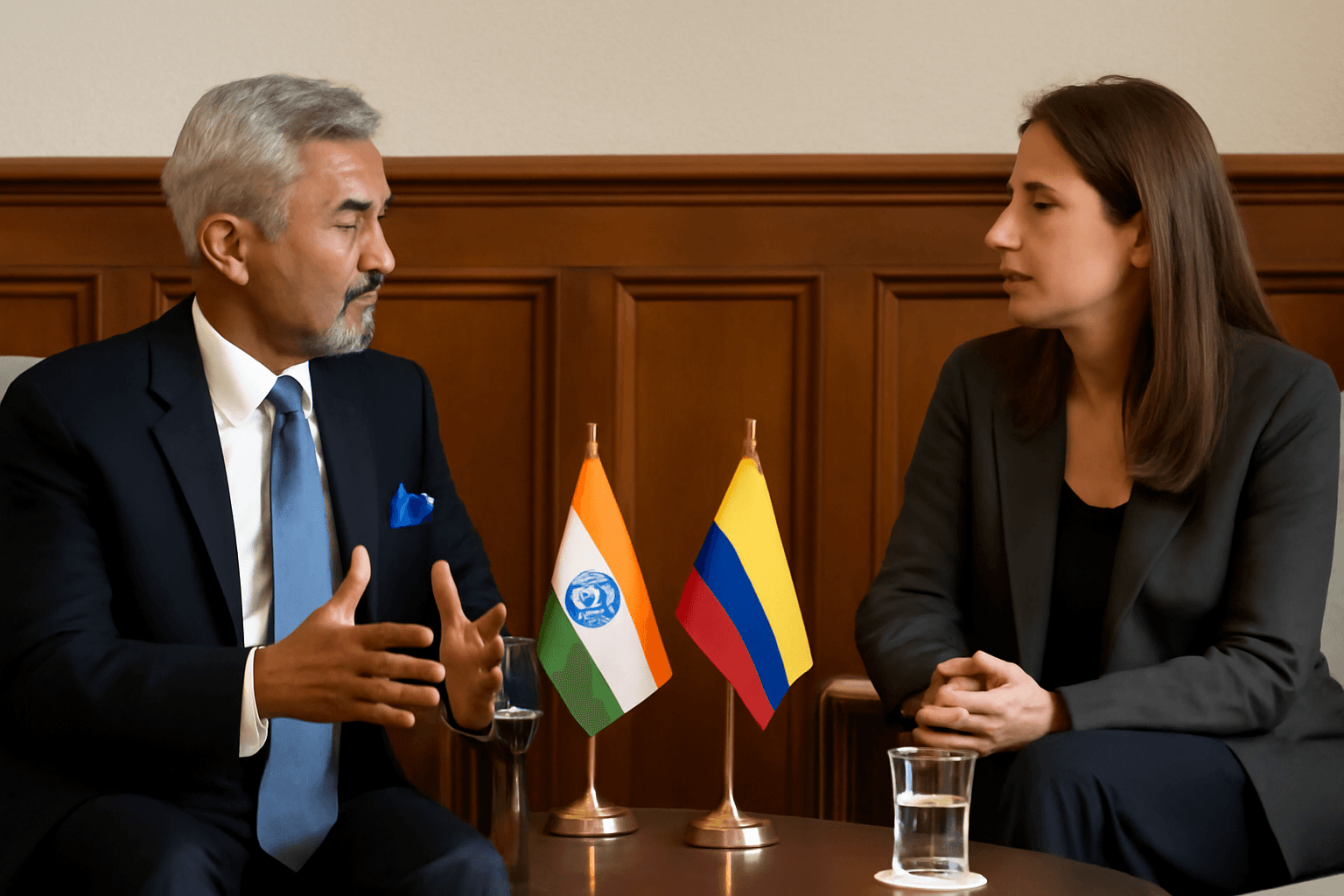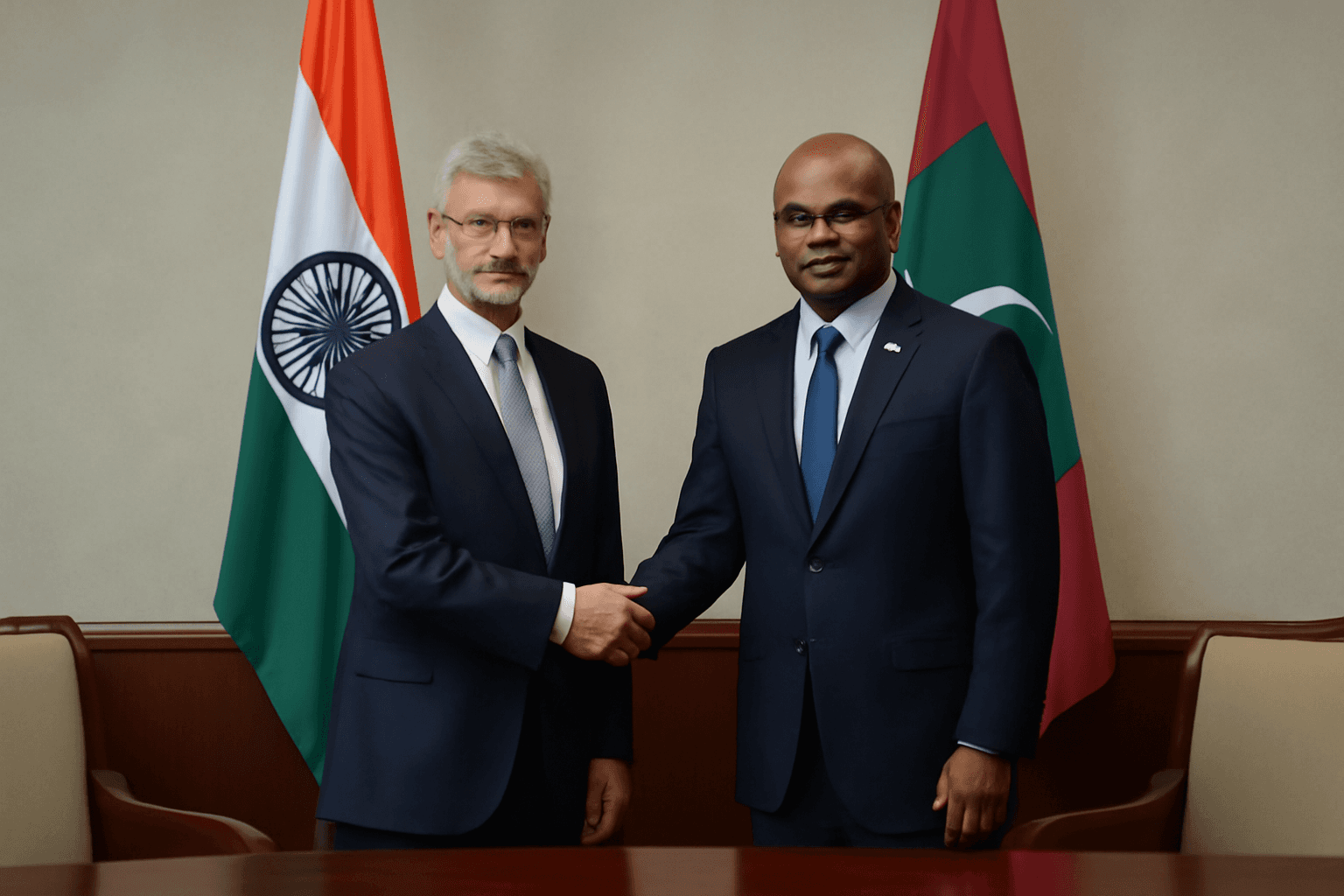In recent times, Turkey's stance on South Asia has undergone significant evolution, particularly illustrated by its support for Pakistan amidst tensions with India. Turkish President Recep Tayyip Erdogan has openly affirmed Turkey's backing of Pakistan during the ongoing military conflicts, signaling a departure from its prior Asia Anew Initiative. This shift reflects Turkey's evolving national security strategy, prioritizing defense commitments over trade relations within the region.
Sources close to the Turkish government claimed that Turkish cargo planes transported military supplies to Pakistan, a statement denied by official channels. Nevertheless, Erdogan's government has consistently condemned what it regards as provocative actions from India, warning that military strikes could escalate into larger conflicts.
The geopolitical landscape for both Turkey and Pakistan has changed dramatically since the end of the Cold War. Both nations find themselves on the periphery of Western security frameworks, prompting them to forge stronger ties for mutual support. This alliance is particularly evident as Turkey's NATO allies have criticized its growing alignment with Russia, thereby limiting Ankara's access to critical defense technologies.
Turkey's relationship with Pakistan has become increasingly important, as both countries share a need for reliable allies in a shifting global landscape. The central question arises whether Turkey's collaboration with Pakistan can be sustained without compromising its relations with India. The Turkish government's inclination to support Pakistan has led to an antagonistic relationship with India, marking a significant policy decision. While several Muslim nations have successfully navigated diplomatic relations with both India and Pakistan, Turkey's actions have firmly aligned it with Islamabad.
Turkey's historical ties with India were complex, and it previously sought to maintain a level of strategic ambiguity. However, rising tensions following the 2019 revocation of Jammu and Kashmir's special status strained relations, pushing Turkey closer toward Pakistan. Subsequently, Turkey and Pakistan formed a defense partnership evidenced during the conflict in Azerbaijan, which saw Turkey supporting Pakistan's military objectives.
This geopolitical realignment has implications for India as it navigates its foreign policy direction. India’s vision as a regional power now contrasts sharply with Turkey’s expanded influence in South Asia. As India continues to forge bilateral partnerships globally, its diminishing engagement with regional cooperation frameworks has allowed countries like Turkey and China to explore new alliances in South Asia.
In conclusion, Turkey's shift toward a defense-oriented partnership with Pakistan is reshaping the dynamics of South Asian diplomacy. India faces the emerging challenge of a Turkish policy that appears primarily transactional, necessitating a reevaluation of its strategy in the region to counter this growing alliance.

